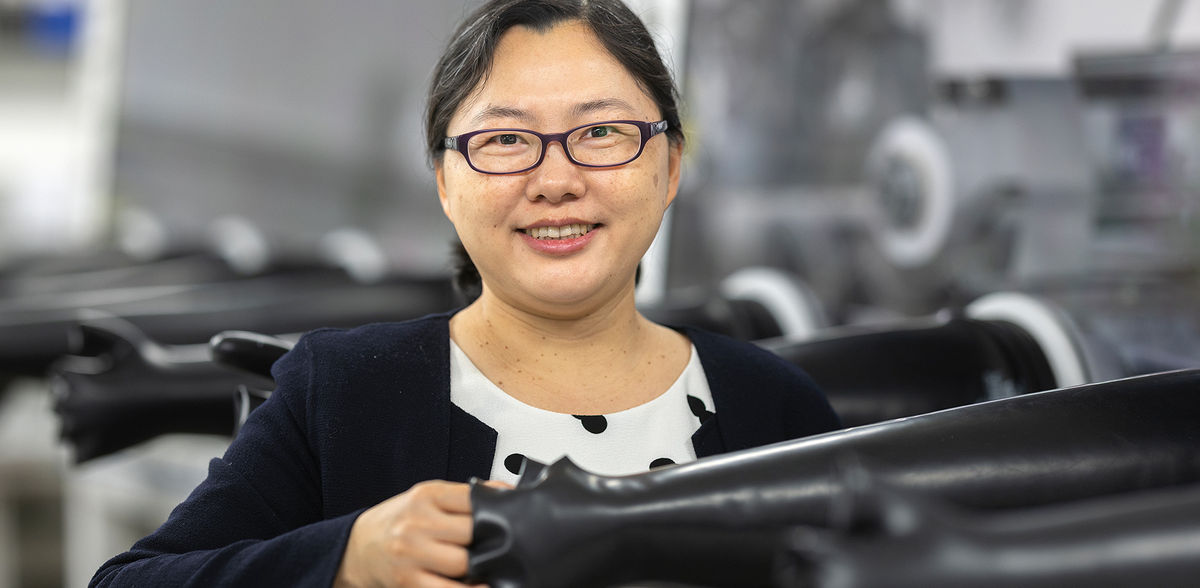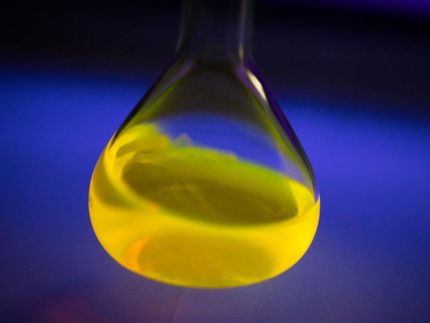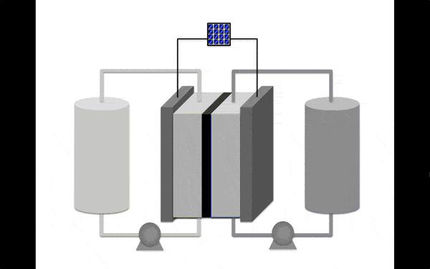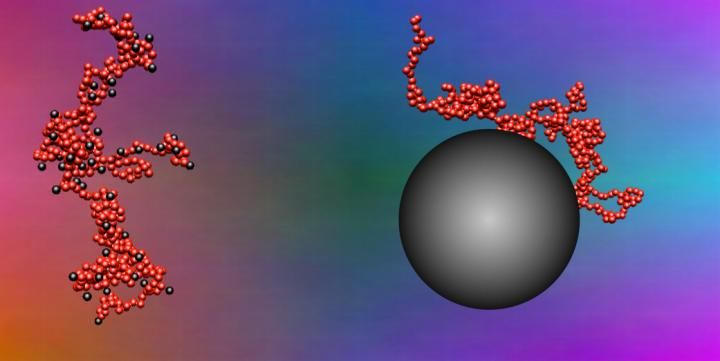Developing new types of batteries sustainably
"Conventional lithium-ion batteries are very powerful, but also expensive, as they require metals such as nickel and cobalt in addition to lithium," says chemist Prof Dr Yan Lu. "That's why I'm researching more sustainable alternatives, such as lithium-sulphur batteries and batteries based on hybrid materials," explains the 47-year-old scientist, who is working at Friedrich Schiller University Jena since this semester. Her work combines various areas of expertise: In order to make energy available electrochemically, she combines organic and inorganic chemistry, for example, and also draws on research methods from biochemistry.
As part of her joint appointment with the Helmholtz-Zentrum Berlin (HZB), where she continues to head the Institute for Electrochemical Energy Storage, the new professor is also co-director of the Helmholtz Institute for Polymers in Energy Applications Jena (HIPOLE Jena, which has been founded in 2023 in Jena by the university and HZB.
Developing new types of batteries and putting them in real-life applications
"My aim is to develop new types of batteries that can be used in real-life applications beyond basic research," explains the professor. "To do this, I want to understand exactly what happens to the materials in the battery during charging and discharging. However, many conventional measurement methods from materials research cannot be used here, or can only be used to a limited extent - especially while the battery is actually in operation," says Lu.
"Electricity is ultimately the directional movement of electrons, as we know from physics lessons," says the researcher. "So when a battery is charged or emits current, electrons move between its cathode and anode material. However, it is a challenge to observe the chemical and structural changes in batteries during this process in situ/operando." The usual ex-situ methods for analysing materials can in turn change the nature of the material or surface during the sample handling itself.
State-of-the-art examination methods
"I am therefore pleased that my team and I can make use of the BESSY II synchrotron at the Helmholtz-Zentrum Berlin, which can be used to generate so-called soft X-rays in particular," says the researcher. "However, we are also open to other minimally invasive methods for investigating the batteries during operation," she says, referring to cryo-electron microscopy, which is also used in biology.
Location advantage for Thuringia
While she conducts her research on lithium-sulphur batteries primarily at the HZB, Prof Lu focuses in Jena on hybrid materials that combine organic polymers with inorganic materials. "I think that here in Jena I can combine the very different expertise that is needed in the field of electrochemical energy storage." Overall, she sees a clear locational advantage for Jena: "The industry here is very interested in the potential applications of my research, for example in battery materials," she says. "In general, Thuringia is very attractive as a centre for developing new battery technologies."
Bringing the latest research to the students
The chemist is particularly looking forward to teaching, which she will begin in Jena in the summer semester of 2024. "Battery research is progressing incredibly quickly," says Lu. "That's why it's important for me to convey the latest scientific findings to students in my lectures on technical and environmental chemistry." She also wants to give students a hands-on experience of research in practical courses, for example by allowing them to produce and test battery materials themselves in the Master's programme.
After studying chemistry in Shanghai, Yan Lu completed her doctorate at TU Dresden and then conducted research first in Bayreuth and from 2009 at the Helmholtz Centre Berlin. In 2017, she became a professor at the University of Potsdam and at HZB. In addition to her work at the Helmholtz Centre, she has also been Professor of Hybrid Materials for Electrochemical Energy Storage and Conversion at the University of Jena since the winter semester 2023/24.
Other news from the department science
Most read news
More news from our other portals
See the theme worlds for related content
Topic World Battery Technology
The topic world Battery Technology combines relevant knowledge in a unique way. Here you will find everything about suppliers and their products, webinars, white papers, catalogs and brochures.

Topic World Battery Technology
The topic world Battery Technology combines relevant knowledge in a unique way. Here you will find everything about suppliers and their products, webinars, white papers, catalogs and brochures.
































































